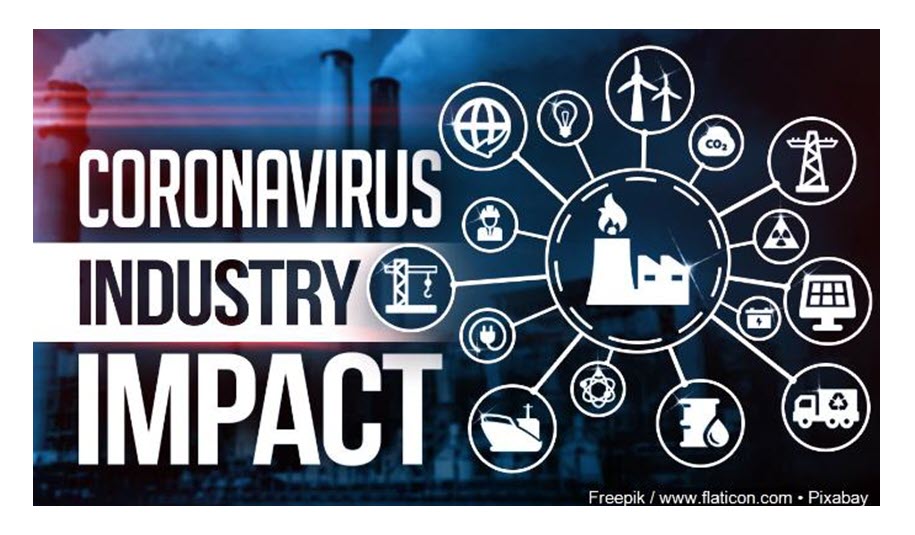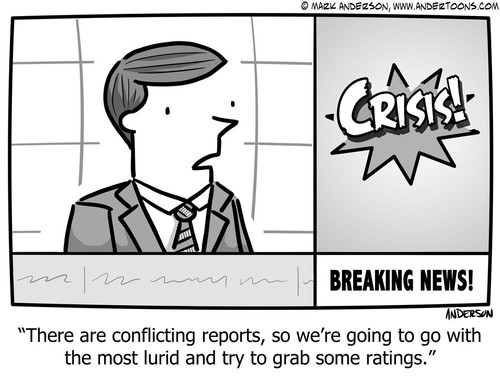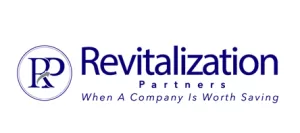 The Coronavirus (Cov-19) has now reached a new, critical phase where public health systems need to act decisively to contain the growth of the disease outside China. Clearly, the main emphasis is and should be on containing and mitigating the disease itself.
The Coronavirus (Cov-19) has now reached a new, critical phase where public health systems need to act decisively to contain the growth of the disease outside China. Clearly, the main emphasis is and should be on containing and mitigating the disease itself.
But the economic impacts are also significant, and many companies are feeling their way toward understanding, reacting to and learning lessons from rapidly unfolding events.
Unanticipated twists and turns will be revealed with each news cycle and we will only have a complete picture in retrospect. Given the very different degrees of preparedness across companies, the potential for further disruption, and the value of being better prepared for future crises, the Harvard Business Review has developed a few lessons for helping companies respond to unfolding events.
DO THESE THINGS …
Update Intelligence On a Daily Basis.
 Events are unfolding with astounding speed and the picture changes on a daily basis. Only several days ago, it looked like the outbreak was mostly confined to China and was being brought under control.
Events are unfolding with astounding speed and the picture changes on a daily basis. Only several days ago, it looked like the outbreak was mostly confined to China and was being brought under control.
More recently, a number of fast-growing epicenters of infection have sprung up beyond China, signaling a new phase and potentially necessitating new strategies of mitigation rather than containment.
You need to move to a daily cycle of information within your company.
Beware of Hype Cycles / News Cycles.
 News organizations often focus on what’s new rather than the big picture, and they sometimes don’t distinguish between hard facts, soft facts, and speculation. Yesterday’s news is likely to frame how your organization thinks about the crisis today.
News organizations often focus on what’s new rather than the big picture, and they sometimes don’t distinguish between hard facts, soft facts, and speculation. Yesterday’s news is likely to frame how your organization thinks about the crisis today.
When exposed to fast changing information, be it a new technology or an emerging crisis, we have a systematic tendency initially to overlook weak signals, then to overreact to emerging issues before we eventually take a more calibrated view. As you absorb the latest news, think critically about the source of the information before acting on it.
Don’t Assume That Information Creates Informedness.
 In our connected world, employees have direct access to many sources of information.
In our connected world, employees have direct access to many sources of information.
Leaders might reasonably conclude that there is so much information and commentary available externally that they don’t need to do anything additional.
We have found, however, that creating and widely sharing a regularly updated summary of facts and implications is invaluable, so that time is not wasted debating what the facts are – or worse, making different assumptions about facts.
Constantly Re-frame Your Understanding of What’s Happening.
 A big-picture synthesis of the situation and a plan to deal with it, once captured on paper, can itself become a source of inertia.
A big-picture synthesis of the situation and a plan to deal with it, once captured on paper, can itself become a source of inertia.
A Chinese proverb reminds us that great generals should issue commands in the morning and change them in the evening. But large organizations are rarely so flexible.
Managers often resist disseminating plans until they are completely sure, and then they are reluctant to change them for fear of looking indecisive or misinformed, or of creating confusion in the organization.
A living document, with a time-stamped “best current view” is essential to learn and adapt in a rapidly changing situation.
7 KEY AREAS TO ADDRESS …
Make sure your response is balanced across these seven dimensions:
1. Communications: Employees will likely be exposed to conflicting information and feel anxious or  confused about the best course of action.
confused about the best course of action.
Be sure to communicate policies promptly, clearly, and in a balanced manner. Furthermore, communicate contextual information and the reasoning behind policies so that employees can deepen their own understanding and also take initiative in unanticipated situations, such as employee holidays in a restricted location or how to handle contractors.
 2. Employee Needs: Restrictions on travel and congregation will trigger employee needs for access to education, health care, daily provisions and the like.
2. Employee Needs: Restrictions on travel and congregation will trigger employee needs for access to education, health care, daily provisions and the like.
You should anticipate and develop solutions to these and create an information hub where employees can find all the information they need.
Many of these needs will be locally specific, requiring a multi-tiered approach to policy making.
3. Travel: Make sure that travel policies are clear in terms of where employees can travel to, for what reasons, what authorizations are required and when the policy will be reviewed.
4. Remote Work:
 Be clear on your policies – where they apply, how they will work, and when they will be reviewed.
Be clear on your policies – where they apply, how they will work, and when they will be reviewed.
Home working is rare in some geographies, like China for example, and the need for additional explanation should be anticipated.
 5. Supply-chain Stabilization: Attempt to stabilize supply chains by using safety stocks, alternative sources, and working with suppliers to solve bottlenecks.
5. Supply-chain Stabilization: Attempt to stabilize supply chains by using safety stocks, alternative sources, and working with suppliers to solve bottlenecks.
Where rapid solutions are not possible, co-develop plans, put in place interim solutions, and communicate plans to all relevant stakeholders.
 6. Business Tracking and Forecasting: It’s likely that the crisis will create unpredictable fluctuations.
6. Business Tracking and Forecasting: It’s likely that the crisis will create unpredictable fluctuations.
Put in place rapid-reporting cycles so that you can understand how your business is being affected, where mitigation is required, and how quickly operations are recovering.
A crisis doesn’t imply immunity from performance management, and sooner or later markets will judge which companies managed the challenge most effectively.
 7. Being Part of the Broader Solution: As a corporate citizen you should support others in your supply chain, industry, community, and local government.
7. Being Part of the Broader Solution: As a corporate citizen you should support others in your supply chain, industry, community, and local government.
Consider how your business can contribute, be it in health care, communications, food, or some other domain.
Focus on the intersection between acute social needs and your specific capabilities – in other words, live your purpose.
This crisis will, over time, pass. Or, we’ll learn how to live with it and adapt.
 But we should recognize that this crisis, like others, will change our businesses and society in important ways.
But we should recognize that this crisis, like others, will change our businesses and society in important ways.
It will fuel areas like online shopping , online education and change how companies reconfigure supply chains and move away from dependence on a few large factories in supply chains.
As this comes to an end, leadership will require understanding lessons learned and how they effect your business.
 Revitalization Partners specializes in improving the operational and financial results of companies and providing hands-on expertise in virtually every circumstance, with a focus on small and mid-market organizations. Whether your requirement is Interim Management, a Business Assessment, Revitalization and Reengineering or Receivership/Bankruptcy Support, we focus on giving you the best resolution in the fastest time with the highest possible return.
Revitalization Partners specializes in improving the operational and financial results of companies and providing hands-on expertise in virtually every circumstance, with a focus on small and mid-market organizations. Whether your requirement is Interim Management, a Business Assessment, Revitalization and Reengineering or Receivership/Bankruptcy Support, we focus on giving you the best resolution in the fastest time with the highest possible return.


